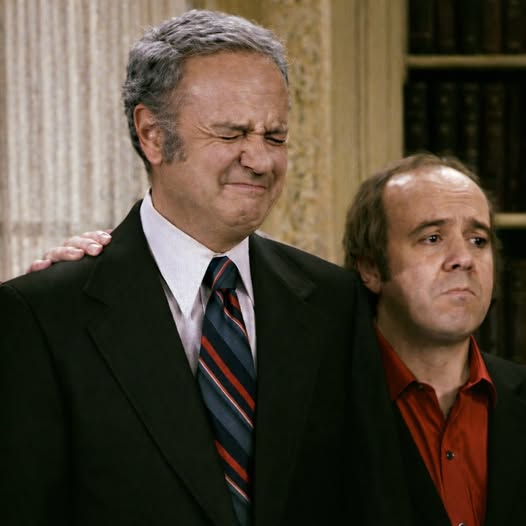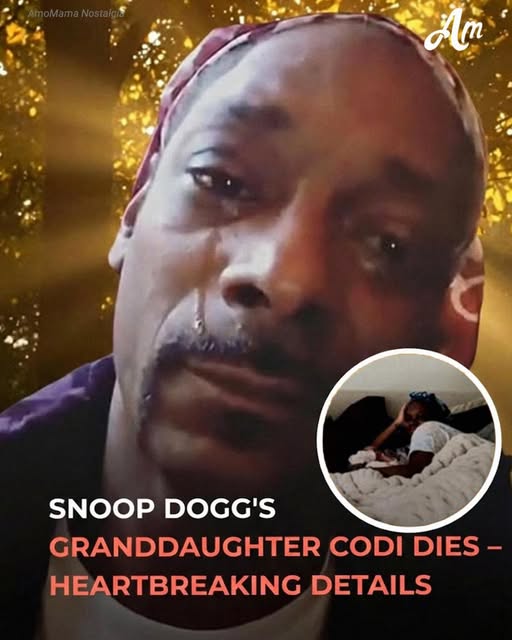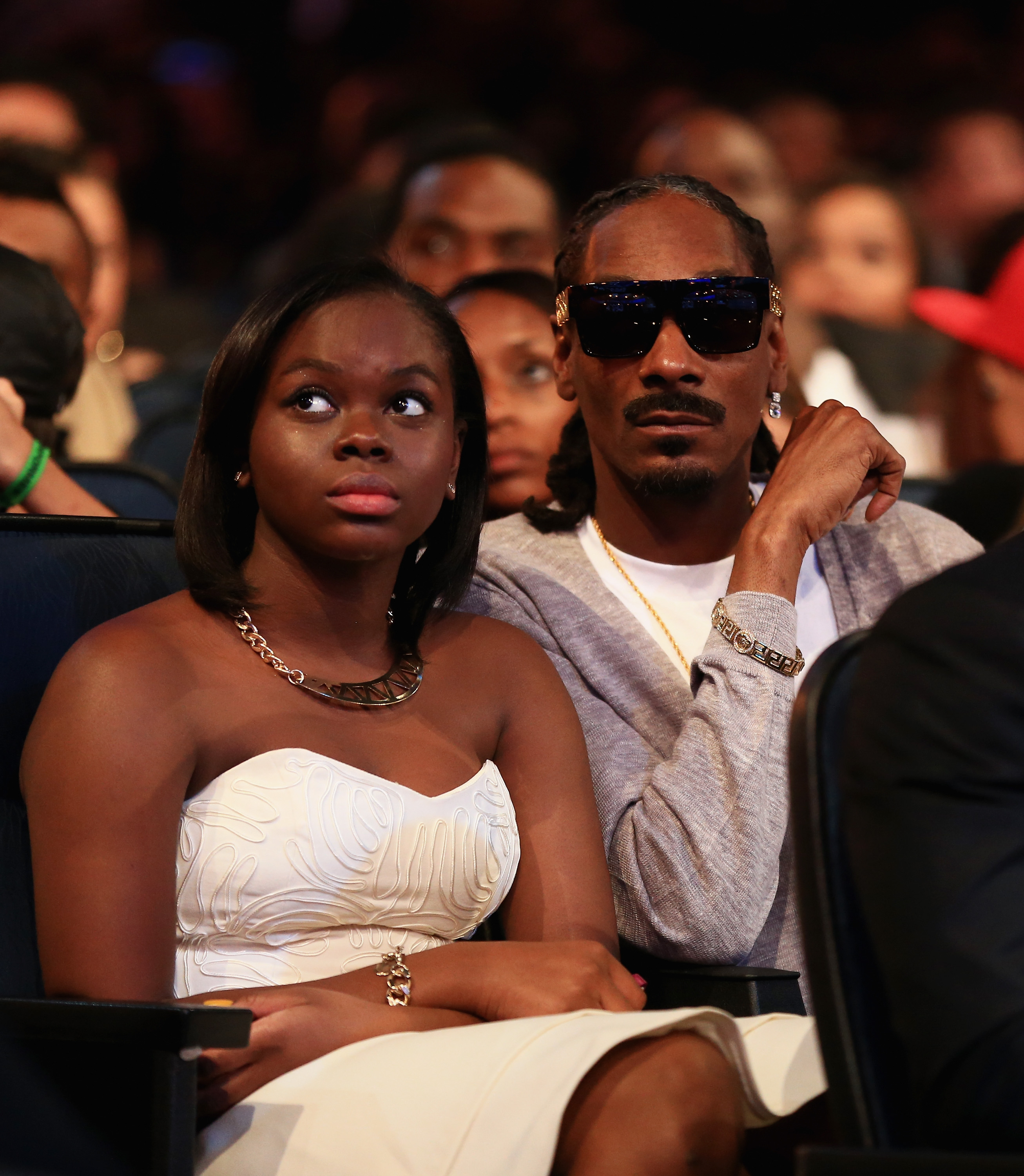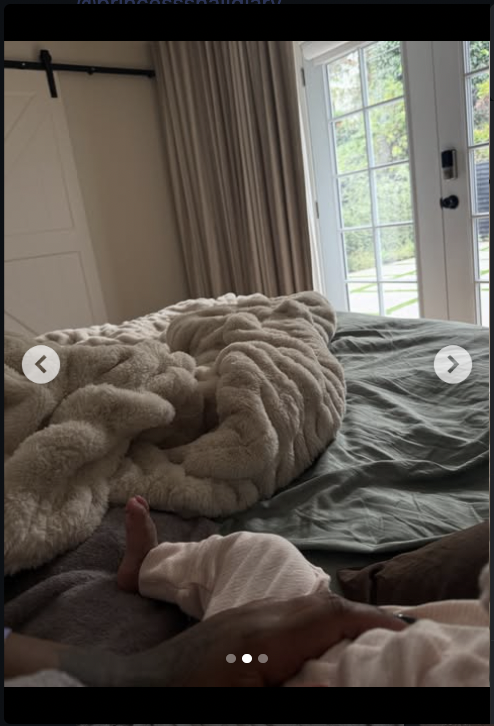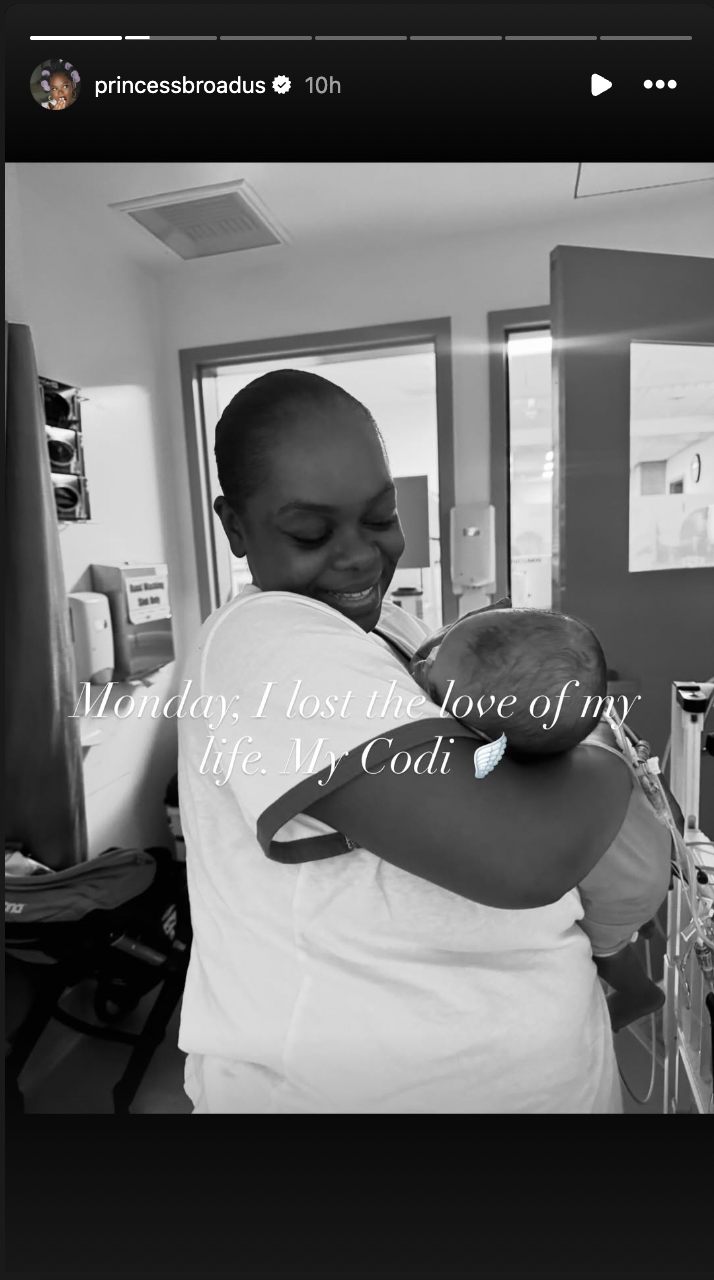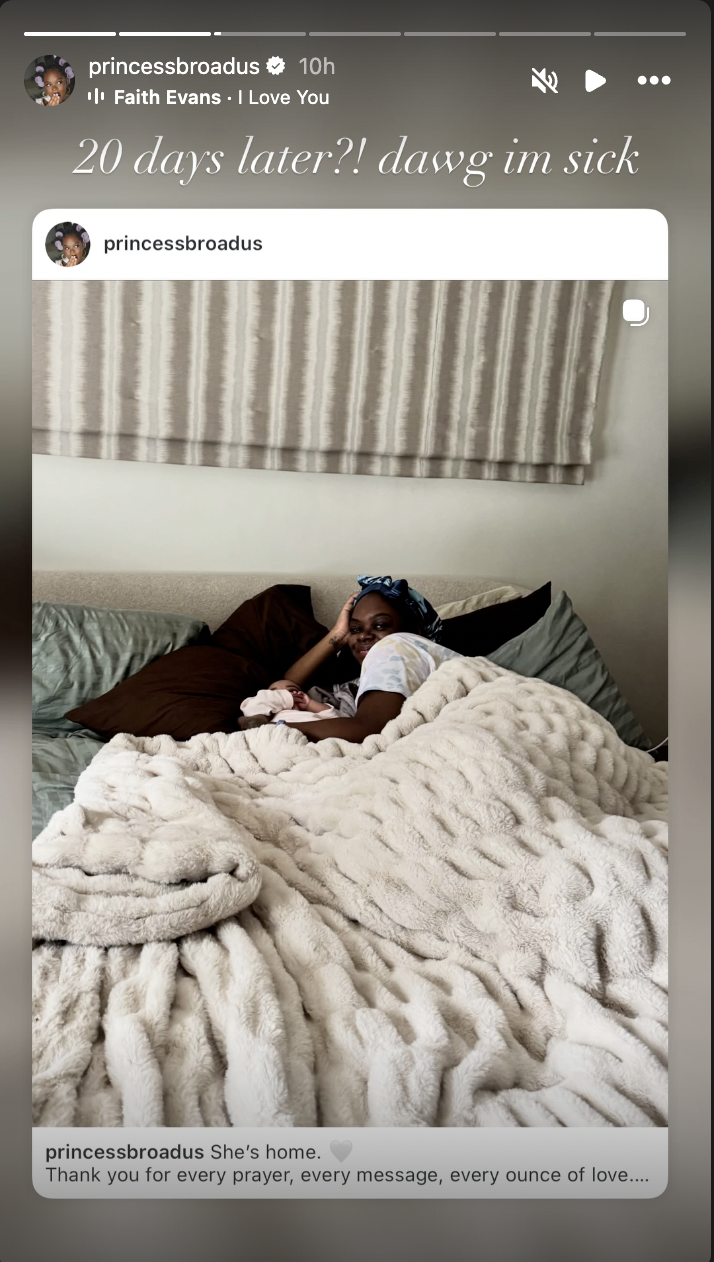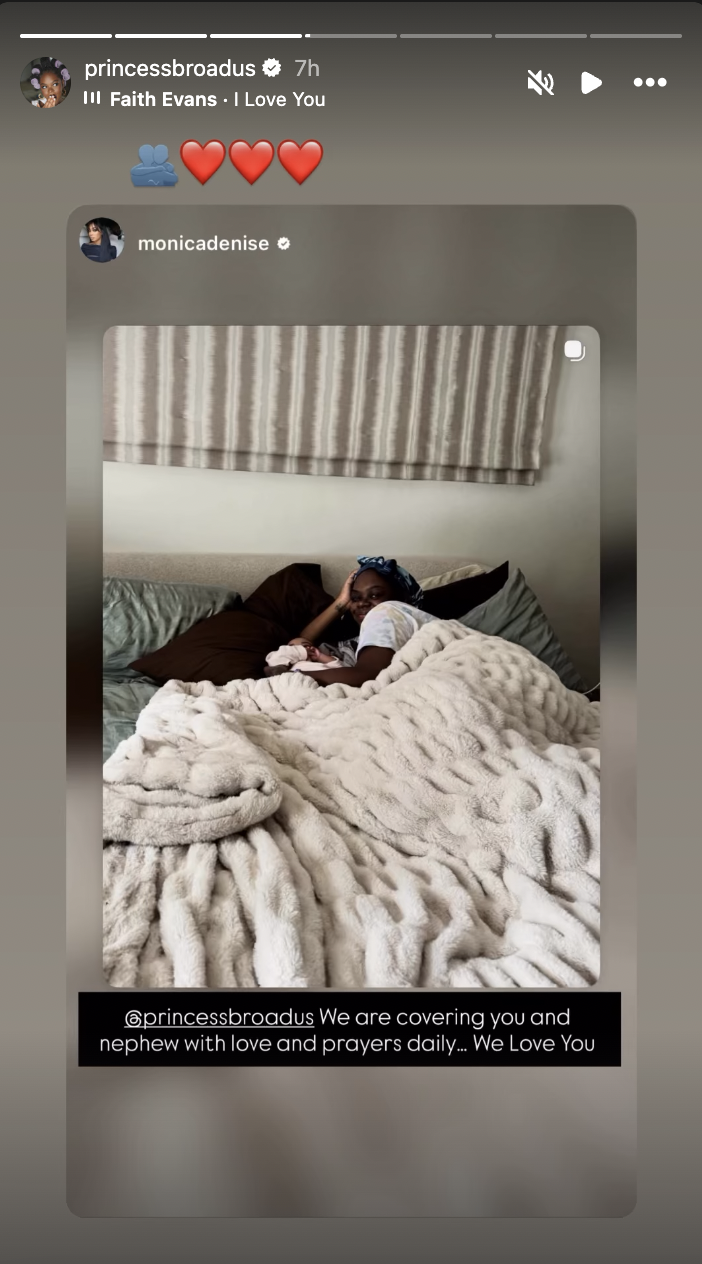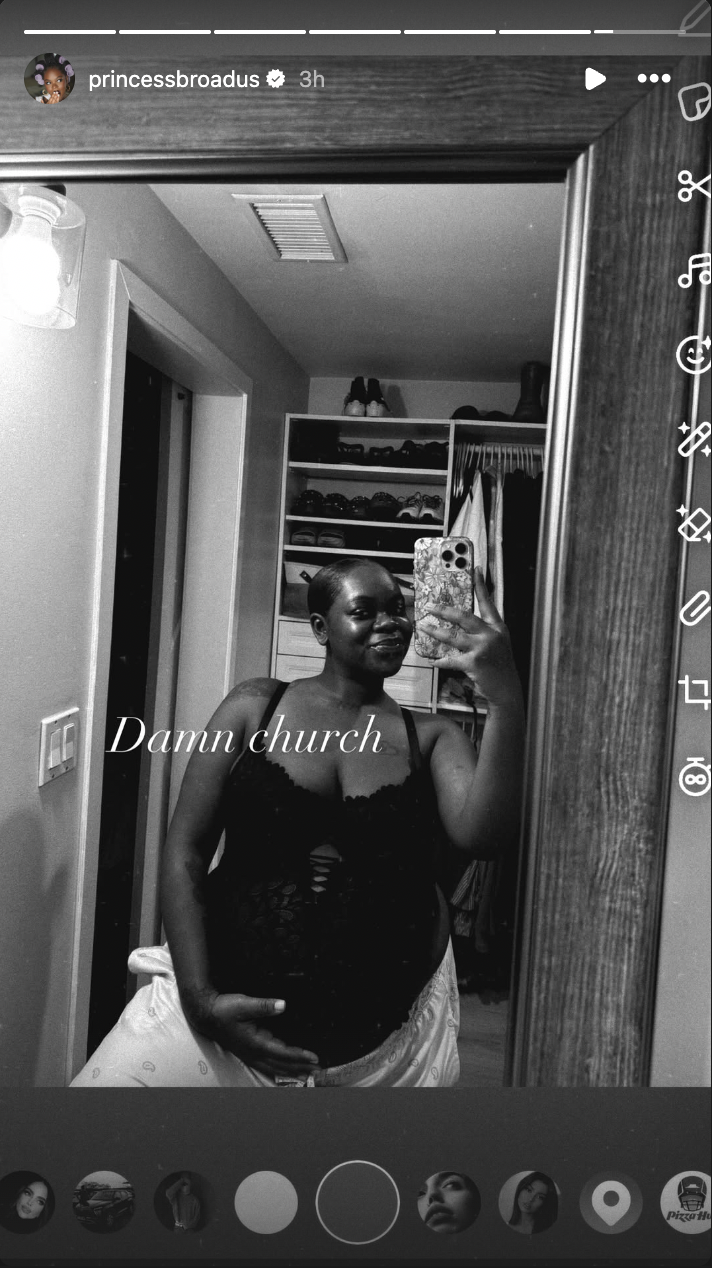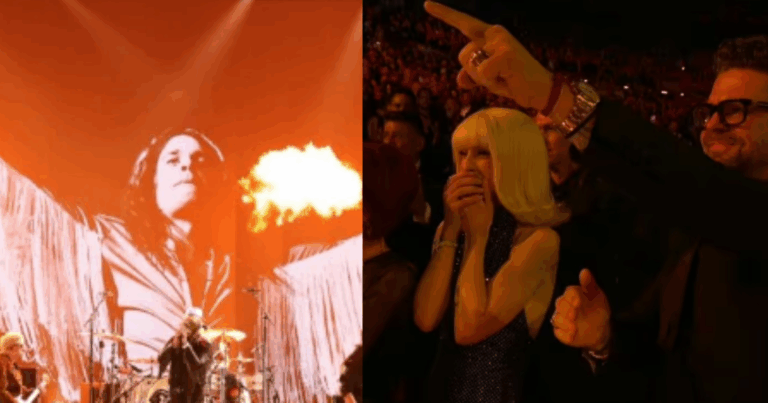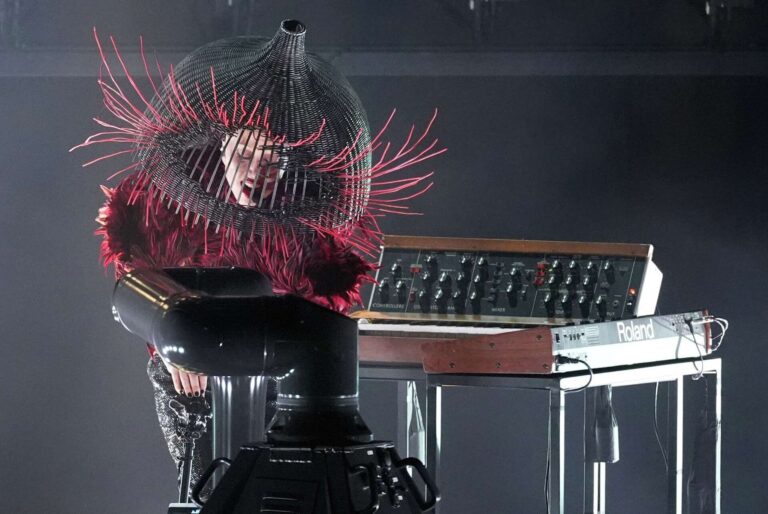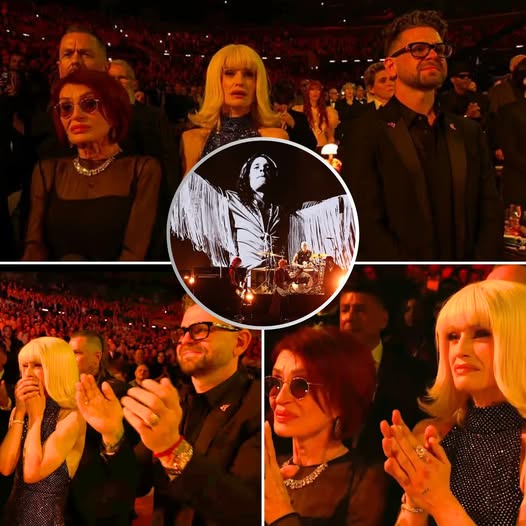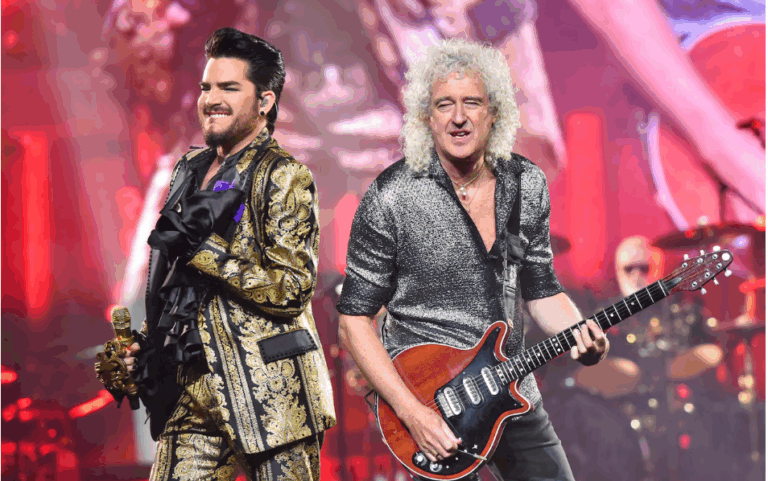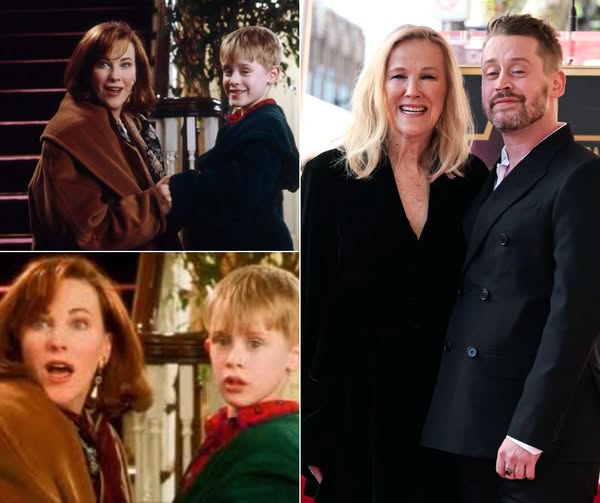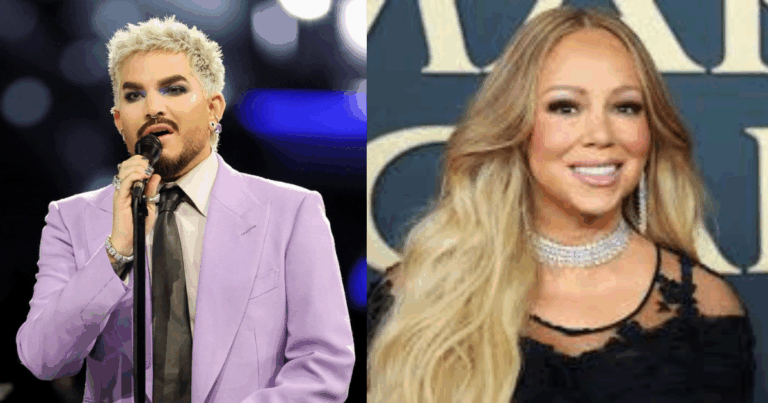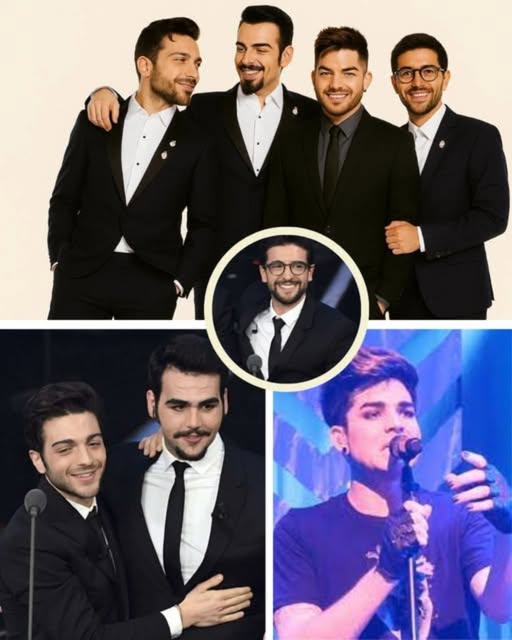He was the only one sitting when it was over, rubbing his eyes in disbelief.
Bad Bunny had made history by winning album of the year for “Debí Tirar Más Fotos,” the first time a Spanish-language album took home the Recording Academy’s top prize.
Next stop: Super Bowl.
While that emotional win for the Puerto Rican superstar is hard to top, there were some other great moments from the 3 1/2-hour telecast, like when Cher nearly forgot to announce the winner of record of the year.
Justin Bieber stripped his set down, while Lady Gaga added some manic energy and Ozzy Osbourne was honored with a heavy metal classic complete with exploding fire.
Here are some of the night’s notable moments:
A pair of high energy performances by Bruno Mars and Rosé to start the show and one by Lady Gaga halfway through kept hearts pumping.
Mars and Rosé — from the K-pop group Blackpink — performed “APT.,” one the biggest hits of the year, a song inspired by a South Korean drinking game.
She wore a white tank top, black slacks and a tie, while he matched the color scheme in a dark suit, tie and with his guitar slung with a checkerboard strap. There was plenty of jumping, shredding and smoke — a raucous opening.
Lady Gaga later took it to the weird, singing “Abracadabra” in a feather-festooned costume from inside a basket-like headpiece. She used a gnarly cane, played some synths, twitched and nailed a more rock-funk version of her song.
Lady Gaga would take home the trophy for best pop vocal album. Mars would return to the stage for his latest single, “I Just Might.”
Sabrina Carpenter turned the Grammys into a busy airport during her performance of “Manchild” — and it soared.
Playing her sexpot, tongue-in-cheek best, the singer-songwriter wore white hot pants, a white neckerchief and a white captain’s hat emblazoned with SCA — presumably for Sabrina Carpenter Airlines — as she strutted across a stage filled with baggage carousels and dancers, even signing into an intercom at one point and using a pair of traffic wands used on runways.
“Hey Grammys, how ya doing? It’s your captain Sabrina speaking,” she said.
The dancers included an astronaut, a UPS worker, a firefighter and an ER doctor. Carpenter ended her overflowing set on a baggage cart and then went into a plane fuselage holding a live dove.
Among those shown grooving along was best new artist nominee Olivia Dean. It was the second straight Grammy appearance by Carpenter, a nominee for best new artist last year.
Taking note of what worked last year, the Grammys once again leaned on the best new artist category to spark the crowd. They were clumped into a block and despite their various styles, it showed the future of music is in good hands.
The Los Angeles-based band the Marías started with some shimmery, bilingual dream-pop of “No One Noticed Me” before influencer-turned-pop-artist Addison Rae was shown on the back of a moving truck entering the Crypto.com Arena, jumping off to deliver a sweaty, sultry “Fame Is a Gun.”
That led to the six-piece girl group Katseye with their high-energy “Gnarly” as they danced into the arena with gymnastics and booty-shaking. They gave way to Leon Thomas’ guitar-driven “Mutt” and then Alex Warren took a microphone from a popcorn vendor and walked through the aisles for his “Ordinary,” shrugging off what seemed like earpiece difficulties, before being hoisted into the air on a platform.
The British powerhouse Lola Young took the baton, seated at a piano to sing “Messy,” before Olivia Dean, the old-soul British singer-songwriter, gave an exuberant version of her “Man I Need.” The moody pop star sombr ended the block by being lowered onto the stage in a spangly jumpsuit to sing “12 to 12.”
Chappell Roan, last year’s category winner, then anointed her successor — Dean.
Justin Bieber, alone on the Grammy stage in just a pair of shimmering gray boxers shorts and gray socks gave a mesmerizing, somber performance of his “Yukon.”
A guitar slung across his back, the shirtless Bieber programed his song first and then sang along, eyes often closed, opposite a full-size mirror. It was a nod to the way Ed Sheeran has shown audiences how to make a hit song with just looped instruments and a voice.
“One wrong move, and we would have had to put the show on OnlyFans,” Noah later joked.
Bieber’s darkly, moody set didn’t feature any background graphics, musicians or stage decor, and he ended it simply by walking off the stage. It was a performance in stark contrast to the night’s highly produced sets, like Tyler, the Creator, who performed with a sports car, gushing water and explosions.
Hailey Bieber, his wife, liked it, swaying and snapping her fingers.
Justin, a one-time child star who was discovered on YouTube at the age of 12, returned to the Grammys this year at age 31 after a four-year absence as a new father.
Usually, in memoriam sections are staid affairs, with a harp and a sad song. Not this year.
Post Malone, Chad Smith, Duff McKagan, Slash and Andrew Watt belted a rocking version of Black Sabbath’s “War Pigs” in honor of Ozzy Osbourne, compete with fire bursts and plenty of leather. Osbourne’s wife, Sharon, and kids Kelly and Jack, seemed deeply moved.
Ms. Lauryn Hill led the tributes to D’Angelo with versions of “Nothing Even Matters,” “Brown Sugar,” “Lady,” “Devils Pie,” “Untitled (How Does It Feel)” and ”Africa” with such singers as Raphael Saadiq, Jon Batiste and Anthony Hamilton.
Hill then pivoted to a tribute to Roberta Flack, with “First Time Ever I Saw Your Face” “Compared to What,” “Closer I Get To You,” “Where Is the Love,” “Feel Like Makin’ Love” and “Killing Me Softly with His Song” featuring John Legend, Chaka Khan, Leon Bridges and Wyclef Jean.
Add to that list a performance of “Trailblazer” by Reba McEntire, Brandy Clark and Lukas Nelson — as well as pre-recorded tributes to Brian Wilson from Bruce Springsteen and one to Bob Weir from John Mayer — and it was a stacked, rollicking goodbye to some musical giants.
